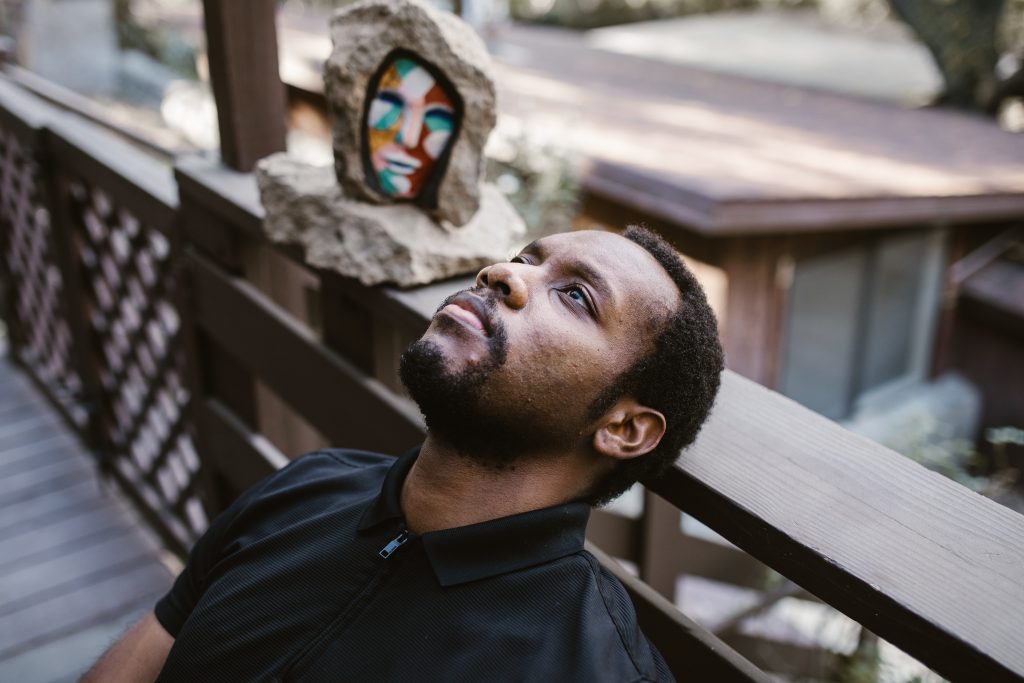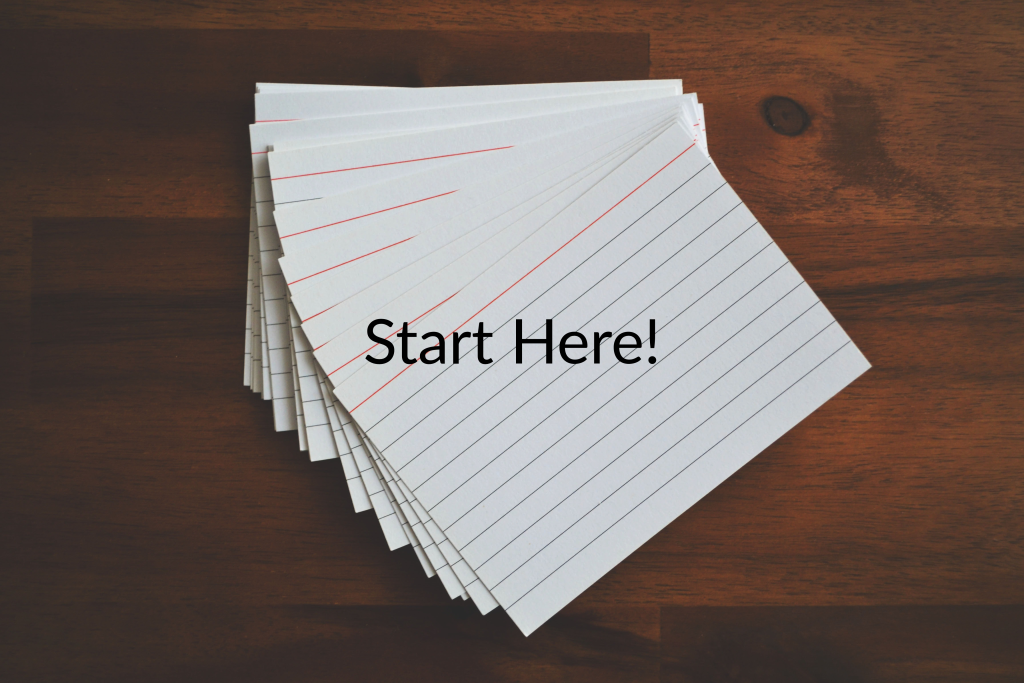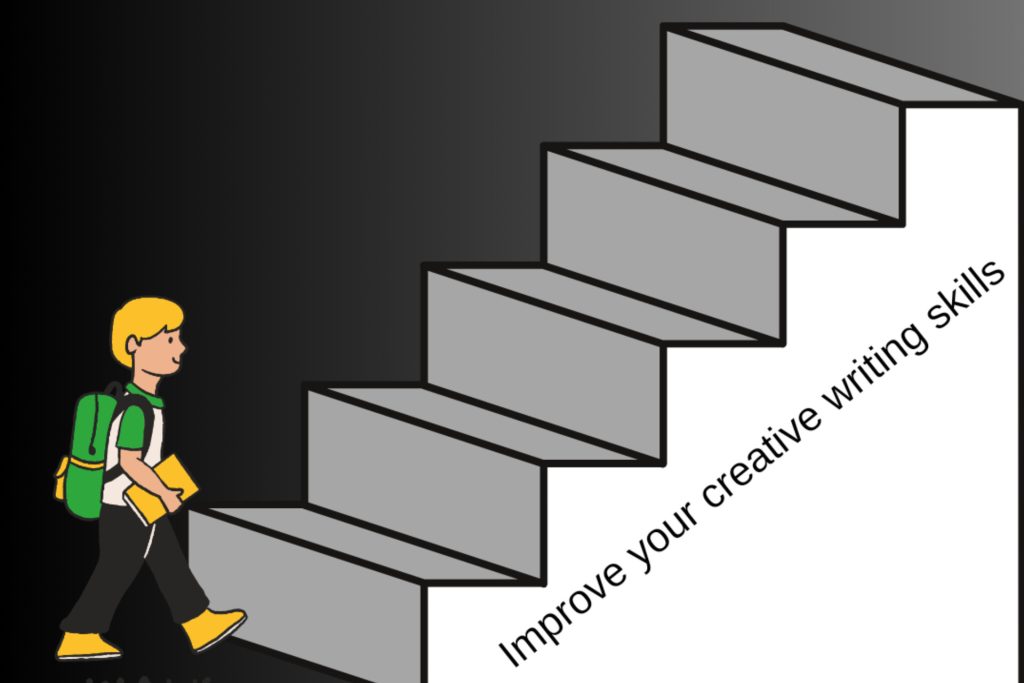“Will AI replace human writers?” 1,000+ AI tools released. What is the fate of Human Writers?
Imagine my reaction when I found out in March alone that 1000 AI tools were released. I was spellbound! As a writer myself, my first thought was “What is the fate of human writers? Will AI replace human writers much sooner than I thought?” I now know the answers to these questions but at the time I wasn’t very sure.
Before March, the new wave of AI crept in slowly, shaking the world of creativity and threatening the resolve of writers at its core with the introduction of Chat GPT; a new chat artificial intelligence that responds to questions. To date, I’ve used Chat GPT just thrice. The first time was after I created my account and wanted to test it, the second time I wanted to test its ability to give accurate facts to history and political
happenings. And the third time was in the course of writing this content. (you’d see why as you read along *winks*) Before Chat GTP, I’ve used copyai a couple of times to rewrite introductions when updating a client’s old SEO blog posts.
As someone that has been writing for almost a decade, is authentic in her writing, and is a sucker for originality and storytelling, you can imagine my face when I heard of the new AI. I was instantly frightened. And I abhorred the thought of AI writing content. ‘Will AI replace human writers?’ the thought never left my head.
But now, I realize that I have no reason to be terrified because — AI is just a tool. Not just any tool, but an intelligent time-saving, sexy tool. Yes, it’s sexy. “Haha”

AI Is a Tool
AI tool is a software application that uses artificial intelligence algorithms to perform specific tasks and solve problems. As a tool it can be used in a variety of industries, from healthcare and finance to marketing and education, to automate tasks, generate content, analyze data, generate ideas, and improve decision-making.
AI tools can be used to automate tasks, analyze data, and make predictions based on patterns and trends, leading to increased efficiency and accuracy. These AI tools work by analyzing data and making decisions based on patterns and trends in data, using machine learning algorithms.
Just like a handyman needs his tools to fix things around the house. Or a carpenter needs his screwdriver to drill a nail into the wall.
Humans need tools to assist them in their day-to-day lives. Sometimes you need help with inputting millions of data into a system. And one person doing that can be draining and time-consuming. (it could take years) but with Artificial intelligence, computing such data can take give and take; an hour. Crazy right?
Now wait for the best part.
Even after Artificial intelligence inputs millions of data in 30 minutes, it still won’t be done accurately. This is why, it would need a human touch to fact-check it and brush it up. Making sure everything is in order. The same applies to writing
How Does an AI Writing Tool work?
AI writing tools scan existing content on the web and gather data based on the instructions given by users. They then process data and bring out fresh content as output. The AI writing tools are assistants trained to help. To supplement your writing process.
AI writing assistants are trained with varying forms of real-life data. As they learn from the given data, they improve at producing natural-sounding output. Since AI tools receive data from human beings, the generated output also turns out to be human-like.
And because they are not new human content, these contents aren’t perfect. At the end of the day, the finished output still requires heavy editing (from a human) to make sense to a reader and to fact-check what’s written and establish an emotional connection.
AI is nothing more than a tool. A virtual assistant to a badass human.

How can AI Help Writers
AI can assist writers in various ways, enhancing their creativity, productivity, and overall writing process. Here are several ways in which AI can be helpful:
- Writing Assistance
AI can provide real-time suggestions and corrections for grammar, spelling, and style, helping writers improve the quality of their writing. Tools like Grammarly and ProWritingAid employ AI algorithms to offer suggestions for sentence structure, word choice, and overall clarity.
- Idea Generation
Sometimes it’s difficult coming up with new ideas for your next content. AI can help writers generate new ideas and overcome writer’s block. Natural language processing models can analyze vast amounts of text to identify patterns and generate suggestions for storylines, characters, or even specific details within a story.
Download my free 250 writing prompts
- Language Translation
AI-powered translation tools can help writers reach a broader audience by translating their works into different languages. These tools use machine learning algorithms to provide accurate translations and can save writers time and effort when targeting international readership.
- Content Creation
AI can generate content based on given prompts or specific criteria. It can be useful for producing blog posts, news articles, or other types of content that require extensive research or data analysis. However, it’s important to note that AI-generated content should be reviewed and edited by human writers to ensure accuracy and coherence.
- Editing and Proofreading
AI can be employed to identify errors and inconsistencies in a written piece. Automated editing tools can detect spelling mistakes, grammar errors, and even offer suggestions to improve sentence structure. While they can be helpful, human editing is still crucial to capture the nuances and context-specific aspects of a written work.
- Research Assistance
AI-powered tools can assist writers in gathering information, conducting research, and fact-checking. By analyzing vast databases and online sources, AI can provide writers with relevant and up-to-date information on various topics, saving them time and effort.
- Personalized Writing Coach
AI can act as a virtual writing coach, providing feedback and suggestions to improve writing skills. Some applications offer personalized recommendations based on individual writing styles and goals, helping writers refine their craft.

10 Best AI Writing Tools
OpenAI Chat GPT-3

OpenAI’s GPT-3 (Generative Pre-trained Transformer 3) model is a highly advanced language model that can generate human-like text based on prompts. It can be used for various writing tasks, including content generation, language translation, and more.
Copy AI

Best for copywriting. Copyai helps eliminate writer’s block with its many automated creativity tools. It also offers a wide range of AI-created templates to help you get started on your project. You can simply drop a word and it would write a copy. It can also rewrite your copies. CopyAI now has a long-form document editor, which allows you to work on your ideas all in one place. CopyAI’s product description workflow gives you helpful AI content-writing tips and ideas.
Grammarly
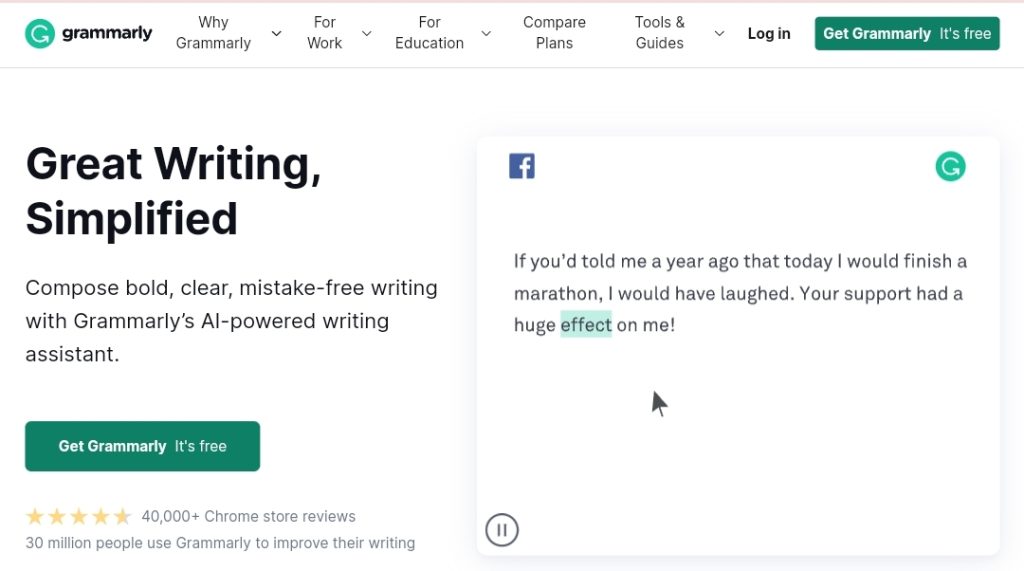
Grammarly is a widely used AI-powered tool that helps writers improve their grammar, spelling, punctuation, and writing style. It offers suggestions and corrections in real-time, making it a valuable tool for writers looking to enhance the quality of their writing.
Jasper AI

With Jasper AI you can create your blogs, articles, book, scripts, and any other content. Choose a subject area and form, fill in the details, and Jasper will write the content for you. It’s not the best content, but it helps to ease off your writer’s block.
Copyscape
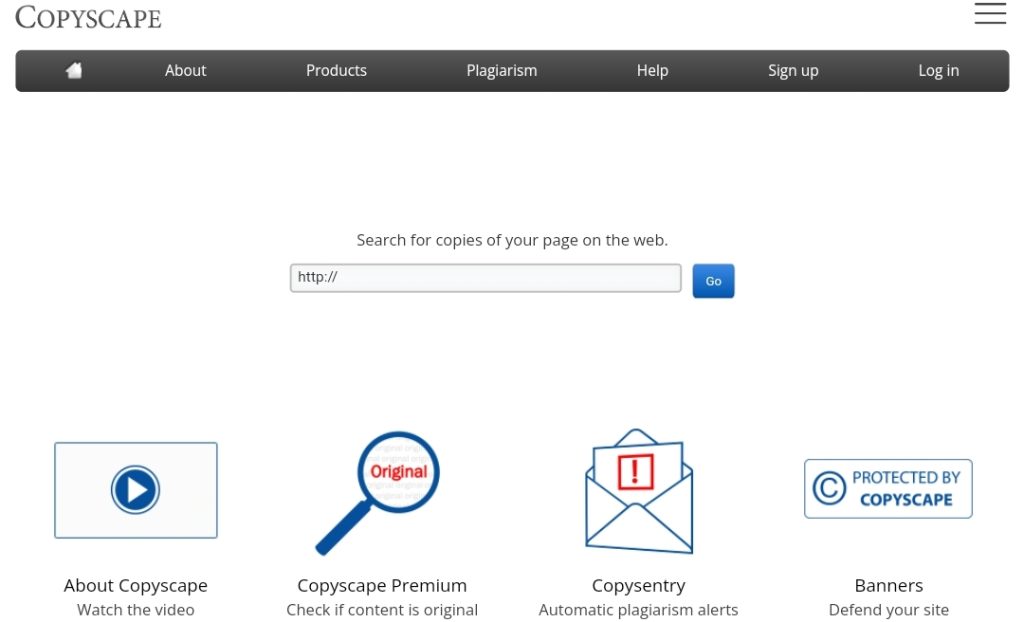
Copyscape is an online plagiarism detection tool that helps writers and content creators identify instances of content duplication or plagiarism. It compares your text against a vast database of online content to check for similarities.
ProWritingAid
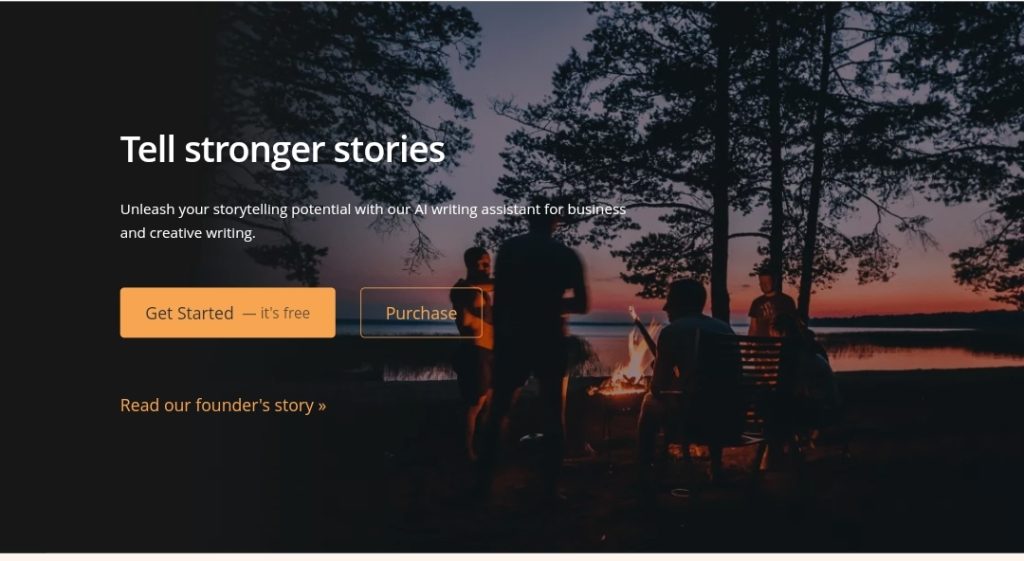
ProWritingAid is an AI-based writing assistant that offers comprehensive grammar and style checking, along with suggestions for improving readability, vocabulary, and sentence structure. It provides detailed reports and analysis to help writers enhance their overall writing skills.
Hemingway Editor
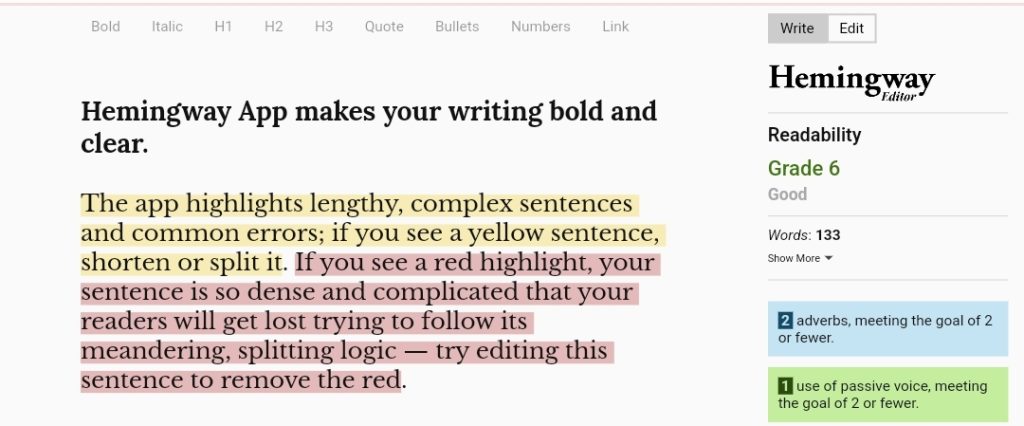
The Hemingway Editor is an AI writing tool that focuses on improving the readability and clarity of your text. It highlights complex sentences, excessive use of adverbs, and passive voice to help you simplify your writing and make it more engaging.
Rytr
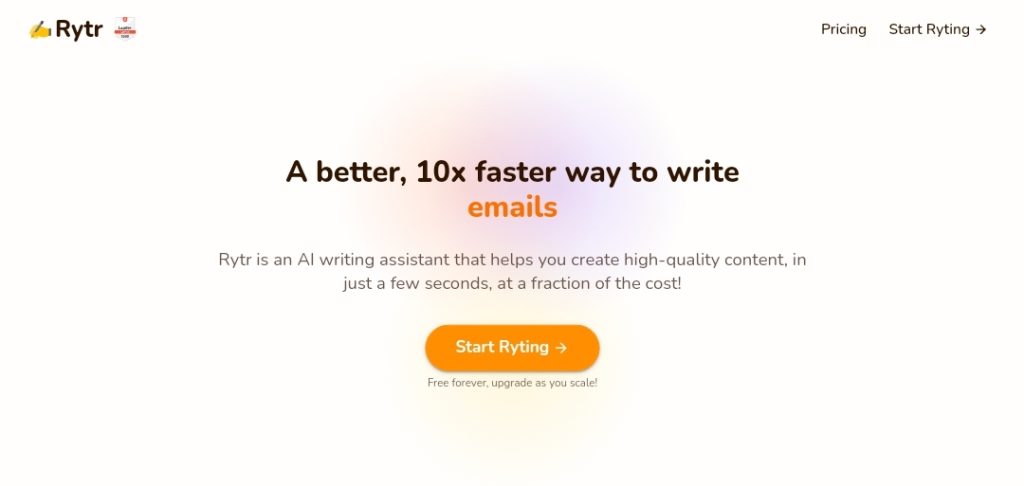
Rytr is good with document editing. It has the closest thing to Jasper’s long-form assistant with their on-document edits. You can select a piece of text, and use plenty of tools to rephrase it, check it for grammar, or even shorten it. Just like the best AI writing software, Rytr uses GPT-3 to power its writing software. And it is very affordable.
Quillbot
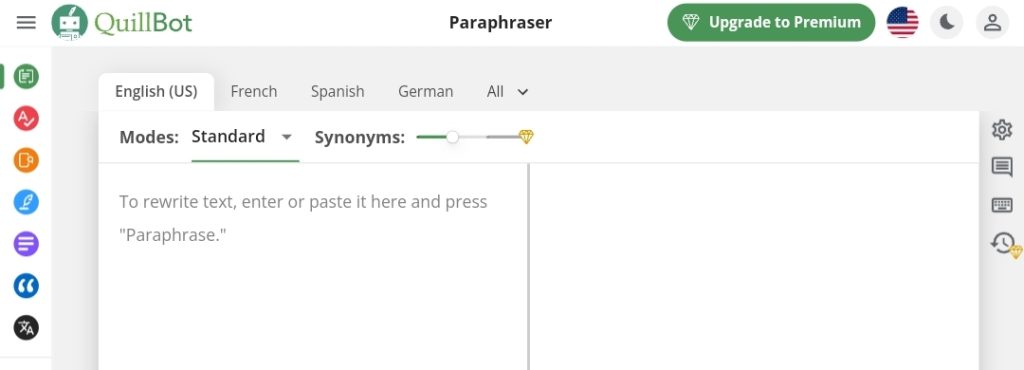
Quillbot is an AI paraphrasing tool that can rewrite sentences and paragraphs while preserving the original meaning. It can be helpful for writers looking to rephrase or expand their writing while maintaining coherence.
Article Forge
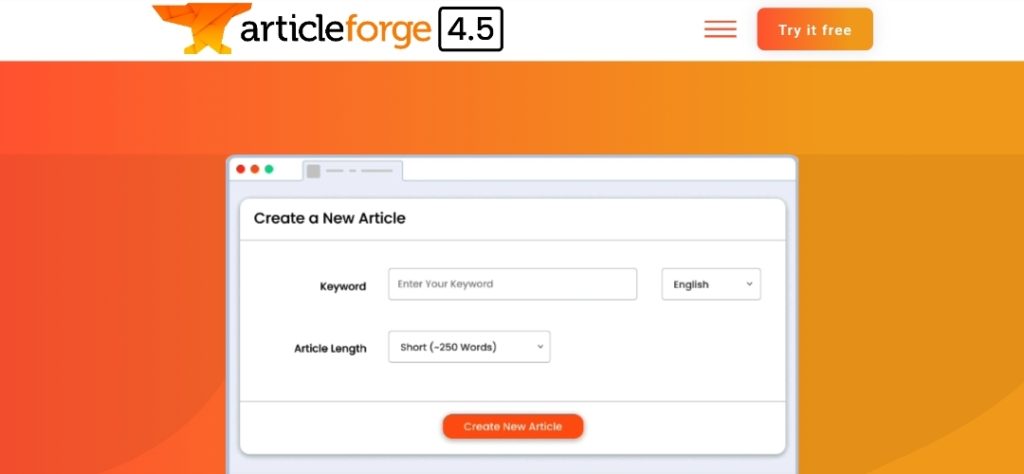
Article Forge is an AI content generator that automatically writes articles on a given topic. It uses advanced natural language processing algorithms to generate unique, high-quality content.
It’s important to note that the AI writing tools landscape is rapidly evolving so I can’t keep up with the new tools that are dropping. I recommend researching and exploring the latest offerings to find the best AI writing tool that suits your specific needs.

Will AI replace Human Writers?
With 1000+ AI tools being released, asking if human writers can be replaced by AI is a valid question. It’s an honest question that comes from being terrified of the future and the place writers stand knowing how efficient these AI tools can be.
The question is “Will AI replace human writers?”
My Answer remains “No, AI cannot replace Human Writers” Here’s why:
Even AI says it can’t replace humans
“Haha” funny right? It’s true. Artificial intelligence itself knows that it can’t replace humans. Remember when I said I used AI for the third time, it was while writing this post. I asked Chat GTP a question, “Will AI replace human Writers?” Here’s what it said.
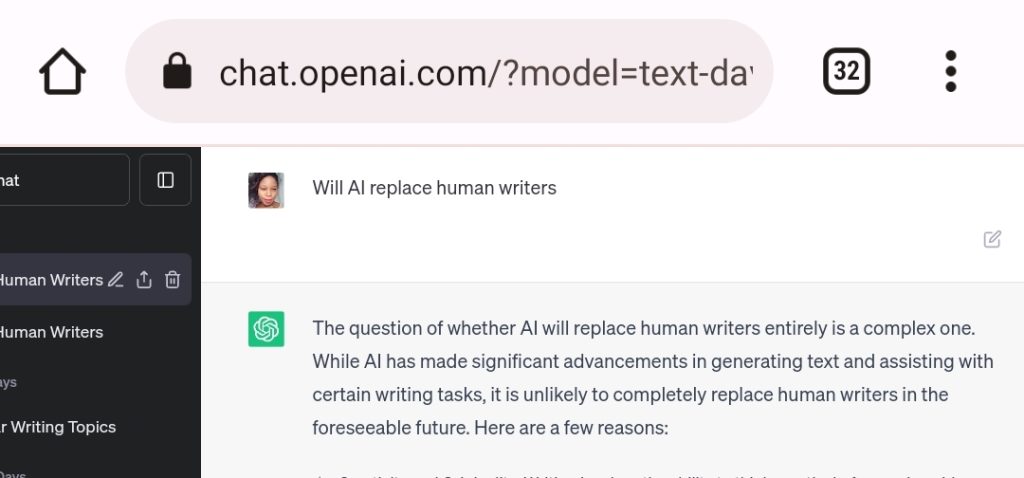
“The potential for AI to replace human writers is a topic of much debate and speculation. While AI has made significant advancements in generating text and assisting with certain writing tasks, it is unlikely that AI will completely replace human writers in the foreseeable future.”
AI is created by a human
AI is an impossibility since humans are the creators. Humans develop AI. AI cannot be more intelligent than humans. It only uses the power we give it. It ends where we say end, and starts when we say starts. We have the control button and decide how far we want it to go. It can’t replace the one who made it.
It has no real human experience
Remember that AI work by analyzing data and making decisions based on patterns and trends in data, using machine learning algorithms. So they have no experience. None! They only work based on what data had been fed to the machine. It doesn’t matter how many experiences people have had, if the data isn’t there then it’s as good as useless to your problem.
It hasn’t experienced writer’s block, rejection, imposter syndrome, low self-esteem, loss, grief, heartbreak, war, disease, kindness, love, peace, traveling, eating, using products, etc. It only has facts to give you on these matters but no experience with the human touch. But as a writer, you have all the experience, you’ve got the human touch, which is why your words are real and divine because you are human and you are living the experience every day.
AI has no in-depth creativity and storytelling
AI cannot think outside the box. It can’t create a marketing copy that would make your target audience empty their pockets with just about anything. Its text-based words cannot relate to your story. It does not have the power to make the magic you make with words. The creativity to mix humor, darkness and cockiness in a single line and make your readers burst out laughing or have them wide-eyed in awe can only be done by a human not an artificial intelligence. You have the creativity and only you as a human writer can tell the story on a much deeper level.
AI Lacks Emotional Intelligence and Empathy
AI cannot connect with you. It can’t feel, it can’t understand you and emphasize with you. If it can’t understand the reader or connect with the reader, how then can it have the power to write something emotionally thought-provoking for the reader? It doesn’t. You carry the heart and soul, so only you can wield its power in your words.
But Hey, don’t be so relaxed!
AI may be artificial and lack the originality, creativity and emotions of a human but it doesn’t make it less intelligent. Even if the answer to “Will AI replace human writers?” is ‘No’ it doesn’t mean writers should be casual about it.
AI is an Intelligent body capable of learning.
So, it can replace you. It just depends on which human you are.
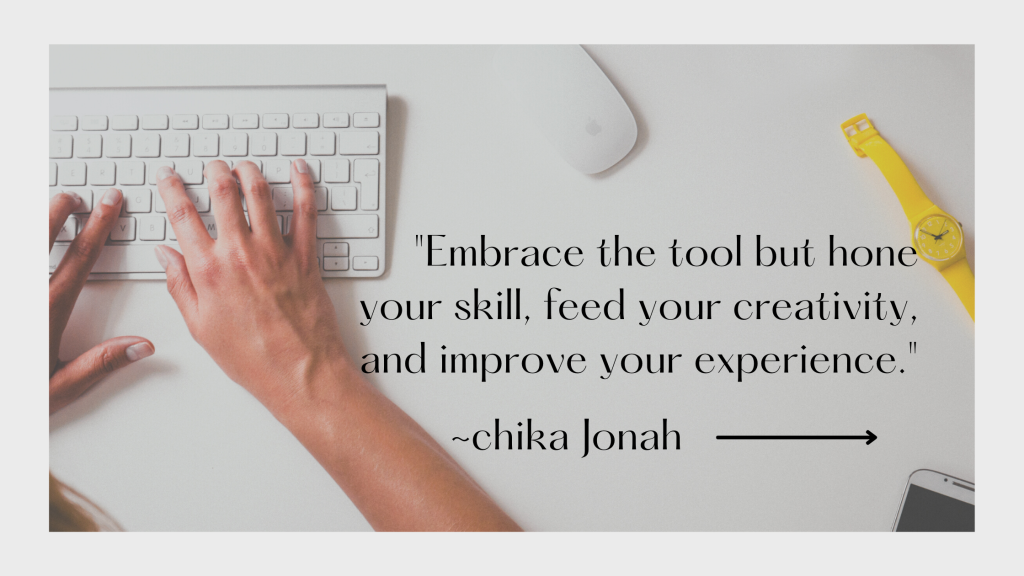
What is the fate of Human Writers?
The fate of writers remains that, “Writers must never lose their human touch.”
AI has no stance with you. You are the magic. Your imagination, thinking, creativity, and writing skills have given the world the best content ever to exist. AI can’t compete with that. Without you, no content in the world will exist.
Your favorite movie won’t exist
Your favorite TV show won’t be LIVE
Your favorite novels won’t be in existence.
The best educational & business books won’t exist
Kids won’t have any children’s books or cartoons to watch.
That in-depth fire research material or white paper won’t exist.
Your favorite advert won’t sell.
And your favorite video won’t be here.
The fact that content is available for everyone’s consumption is all thanks to you. So don’t be threatened by AI.
“AI is an assistant, not a substitute”
You should only use it as a tool and not a replacement. Writers should continue to improve their writing skills and never lose touch with that uniqueness and authenticity.
“Embrace the tool but hone your skill, feed your creativity, and improve your experience.”
If you give it the power to replace you then it will.
Read more – How to improve your writing
Conclusion
AI can serve as a valuable tool to assist and enhance the writing process. AI-powered tools can help with tasks like grammar and spell-checking, generating topic ideas, suggesting improvements, or even providing basic drafts. These tools can augment human creativity and productivity, enabling writers to focus on higher-level aspects of their work.
AI can be a valuable tool for writers, it should not replace the creativity, originality, and unique voice that human writers bring to their work.
It’s important to note that even with new AI tools coming every day, they are not here to take your place. And your fate as a writer is assured.
Keep writing!
How do you feel about AI writing content? Have you used any AI to write, what was your experience? Has this content cleared your concern on “will AI replace human writers?”


